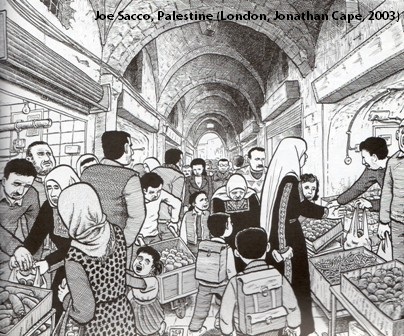Esportazione di un modello poetico orientale. L’esempio dello haiku nella letteratura spagnola ultima
DOI:
https://doi.org/10.13130/2035-7680/2535Parole chiave:
haiku, Nostalgia dell’Assoluto, Josep María Rodríguez, Aurora Luque, Lara Cantizani.Abstract
As explained by George Steiner in Nostalgia for The Absolute (1974), after the decline of the formal religious systems and of the major theories-mythologies of the XIX-XX centuries as well (Marxism, Freudian psychoanalysis and Lévy-Straussian anthropology), in Western culture it has appeared a great moral and emotional emptiness. In order to avoid this condition, Western emptiness has often been replaced with “irrational waves” of supernatural concepts as astrology, occultism and Orientalism.Thanks to this perspective, an Oriental cultural model can be used in Western society and find a new onset in an artistic form such as short poetry (already used in Western literature by the great Latin-American masters José Juan Tablada, Octavio Paz, Jorge Luis Borges and by some of the Spanish poets of the so called Generación del 27). In Spain, in the last decade, thanks to the Eastern model, the haiku, an example of short poetry, has been a recurring model in the youngest poets’ literature but also in their predecessors’ poetry.
The aim of this paper is to present a way among some writings of haiku, that in these last years has become an inevitable model in the exclusive practice and in combination with other poetic forms as well. We will see how poets use haiku in a standard way (the description of a moment of contemplation of nature) but also how they apply haiku’s philosophy to the Western context. Spanish poets as Josep María Rodríguez, Aurora Luque or Manuel Lara Cantizani show how Eastern legacy can gain a greater and greater power, even if, in some cases, its aesthetical-poetical essence has been adapted to the Western Postmodern context that practices it.
Downloads
I dati di download non sono ancora disponibili.
Dowloads
Pubblicato
2012-11-18
Come citare
Calabrese, Giuliana. 2012. «Esportazione Di Un Modello Poetico Orientale. L’esempio Dello Haiku Nella Letteratura Spagnola Ultima». Altre Modernità, fasc. 8 (novembre):32-51. https://doi.org/10.13130/2035-7680/2535.
Fascicolo
Sezione
Saggi Ensayos Essais Essays




